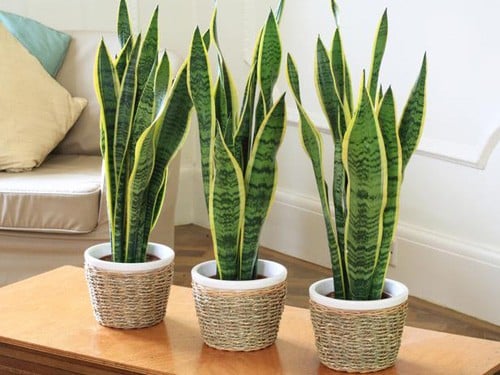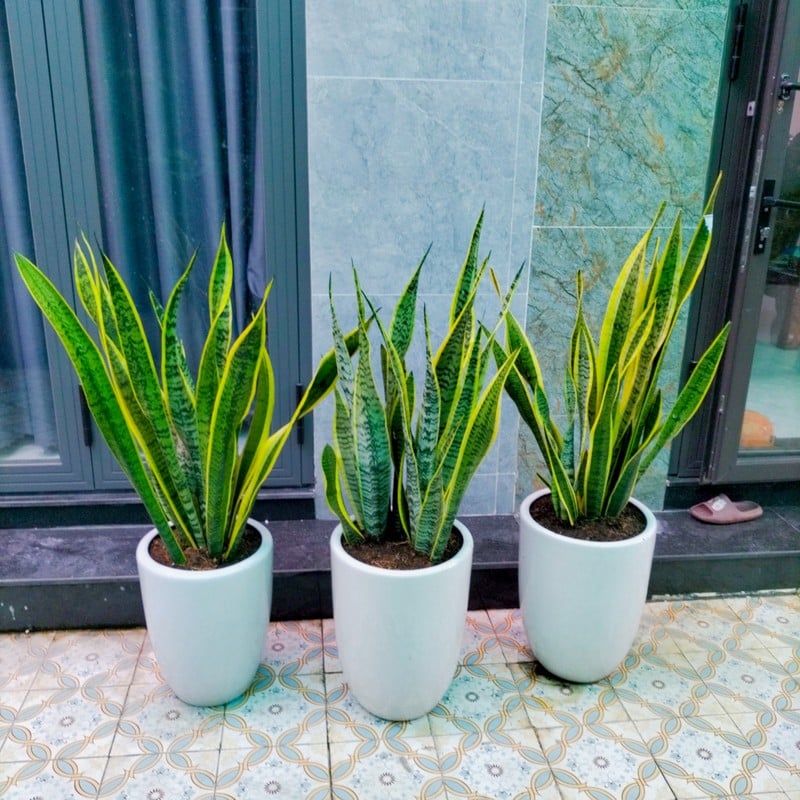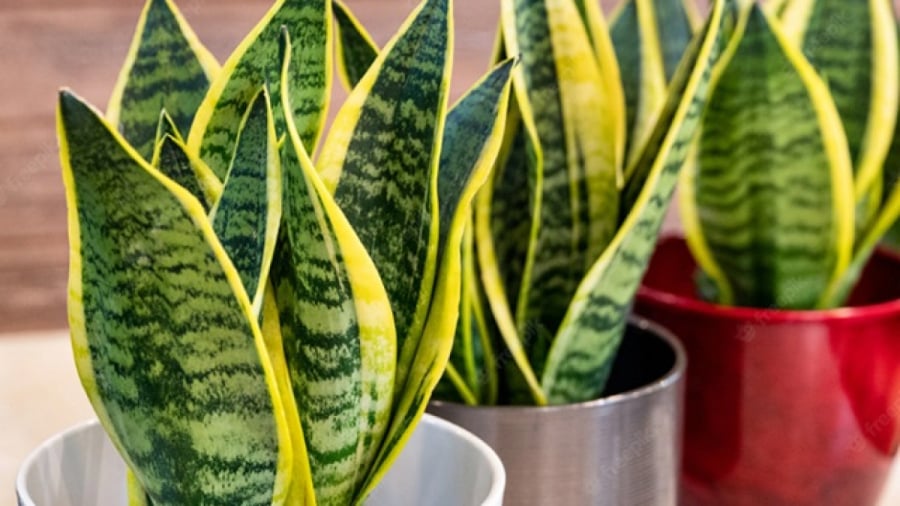The Feline Tongue Plant: Unraveling Its Symbolic Significance and Cultural Beliefs
The Symbolic Meaning of the Feline Tongue Plant
Also known as the tiger tongue and tiger herb, the feline tongue plant belongs to the Asparagus family and typically grows to a height of 50-60cm. Its stems are flat and fleshy, appearing sharp yet harmless.
The distinctive feature of the feline tongue plant is its bicolor foliage, with green and yellow leaves running from root to tip. Its flowers bloom in clusters, rising from the base, and bear round fruits. There are over 70 species of this plant worldwide, with the Thai and tiger varieties being the most common today.

The Feline Tongue Plant, Also Known as the Tiger Tongue and Tiger Herb
In folk feng shui beliefs, the feline tongue plant is thought to possess the power to ward off evil spirits and bring good fortune and prosperity to its owners.
Additionally, the plant makes an excellent gift for friends, family, and business associates during occasions like Chinese New Year, housewarmings, and other celebrations of new beginnings.
Traditionally, many families preferred to plant the feline tongue as a fence in front of their homes or in rows before office buildings.

Folk Beliefs Associate the Feline Tongue Plant with Warding Off Evil and Inviting Good Fortune
Which Birth Years Are Incompatible with the Feline Tongue Plant?
The white-variety feline tongue plant is considered incompatible with the following birth years: Nhâm Tý (1972), Quý Sửu (1973), Canh Thân (1980), Tân Dậu (1981), Mậu Thìn (1988), Kỷ Tỵ (1989), Nhâm Ngọ (2002), and Quý Mùi (2003), among others.
For the yellow-variety feline tongue plant, the incompatible birth years include Bính Ngọ (1966), Đinh Mùi (1967), Giáp Dần (1974), Ất Mão (1975), Nhâm Tuất (1982), and Đinh Sửu (1997), to name a few.
As for the yellow-edged variety of the feline tongue plant, the incompatible birth years are Đinh Dậu (1957), Giáp Thìn (1964), Bính Dần (1986), Đinh Mão (1987), Giáp Tuất (1994), and Ất Hợi (1995), among others.

Incompatible Birth Years for the Feline Tongue Plant
Important Care Tips for the Feline Tongue Plant
Watering: Highly drought-tolerant, the feline tongue plant does not require frequent watering. Once or twice a week is sufficient, as overwatering can lead to root rot.
Light: This plant thrives in shaded areas and prefers low light conditions over direct sunlight.
Temperature and Nutrition: The ideal temperature range for the plant’s growth is between 20-30 degrees Celsius. Extremes of heat or cold can be detrimental to its health.
Does Planting a Lemon Tree in Front of Your House Benefit Your Family’s Feng Shui?
“Lemons are a popular choice for homeowners looking to add a touch of freshness to their culinary creations. But beyond the kitchen, lemons have a deeper significance in the realm of feng shui. So, is it auspicious to plant lemons in front of your house?
Unleash the power of words and witness the transformation of this introductory paragraph into a captivating masterpiece, crafted with impeccable English writing skills that surpass the ordinary.”


































